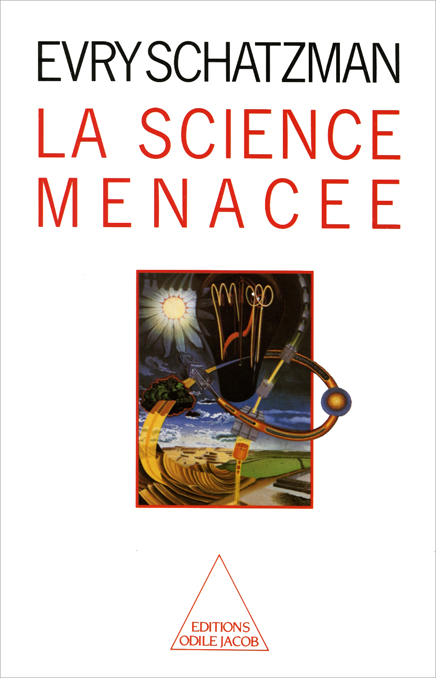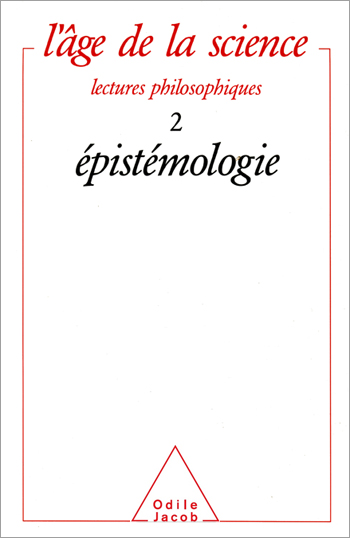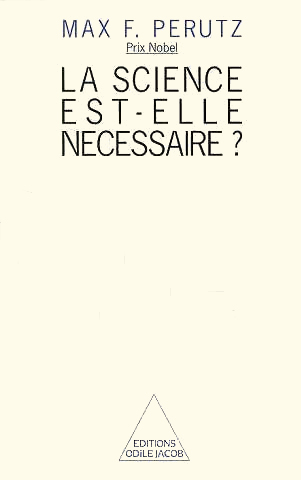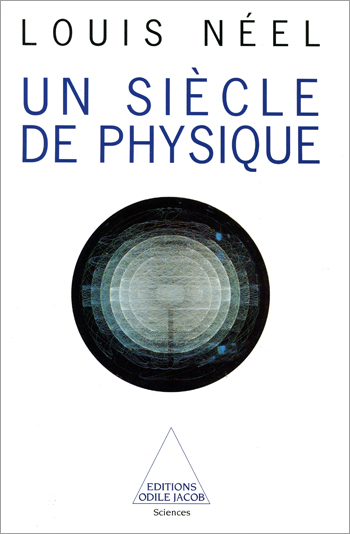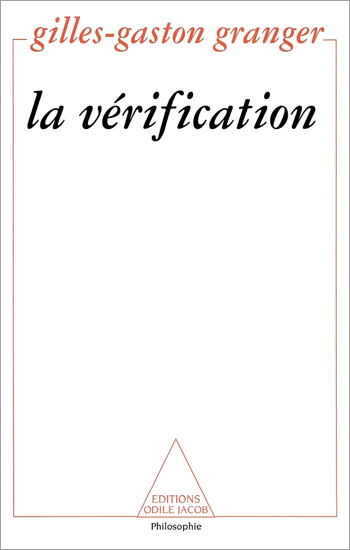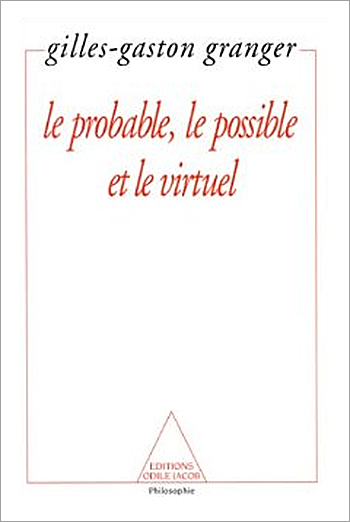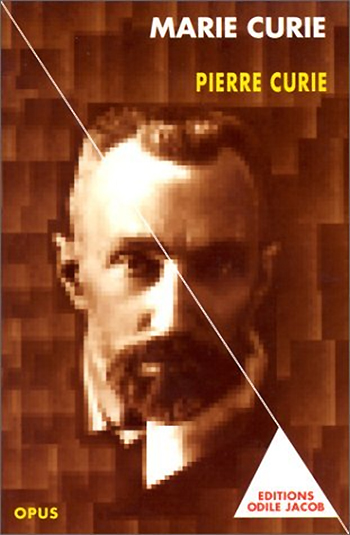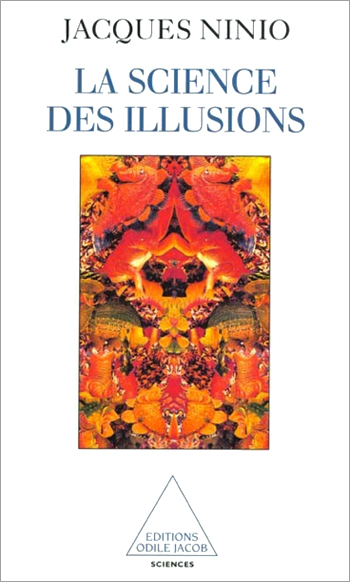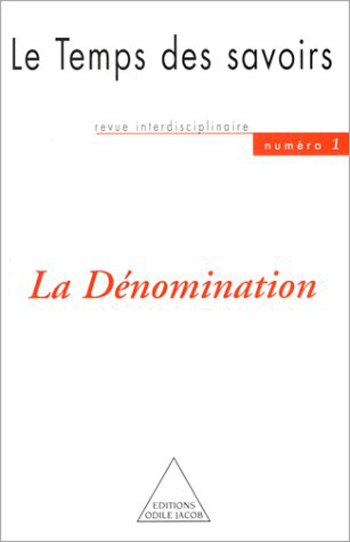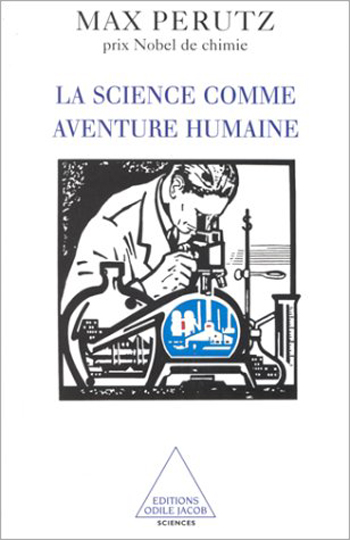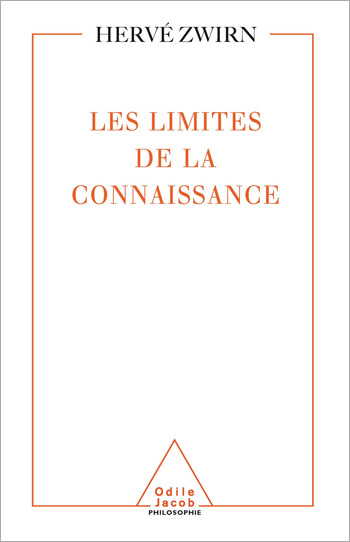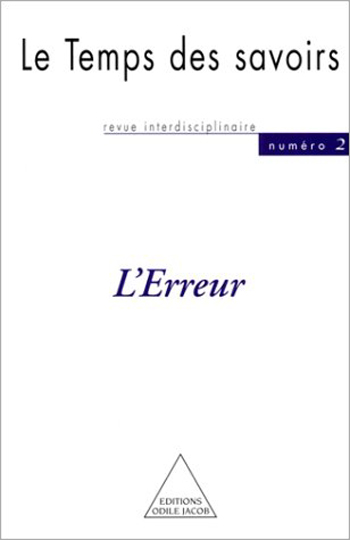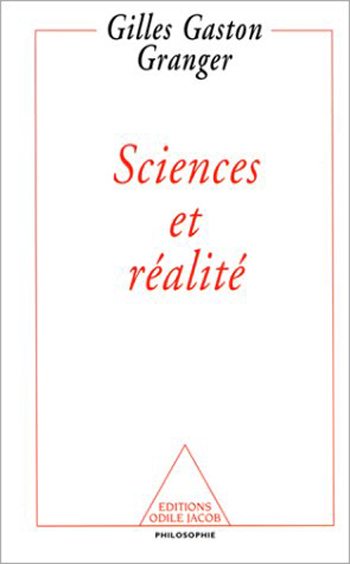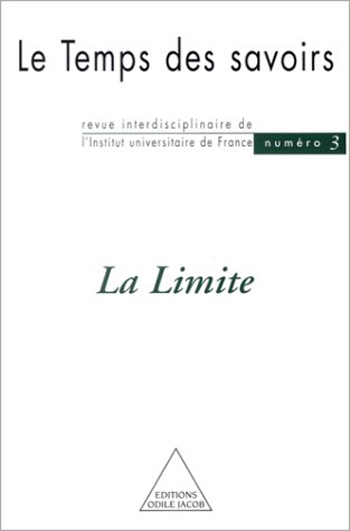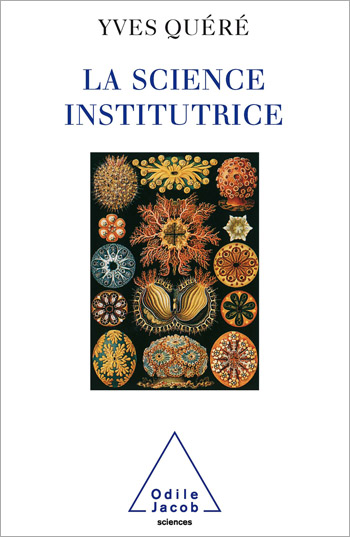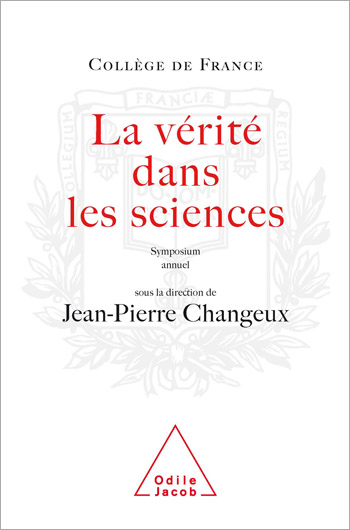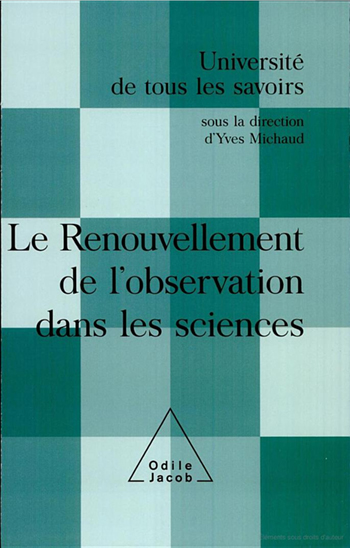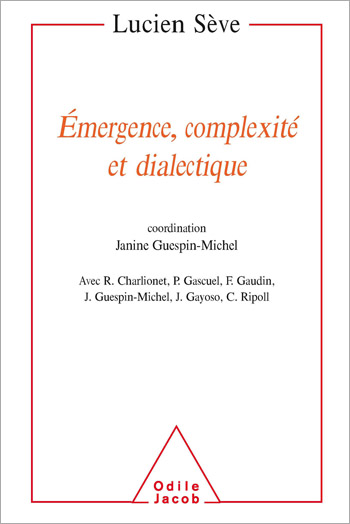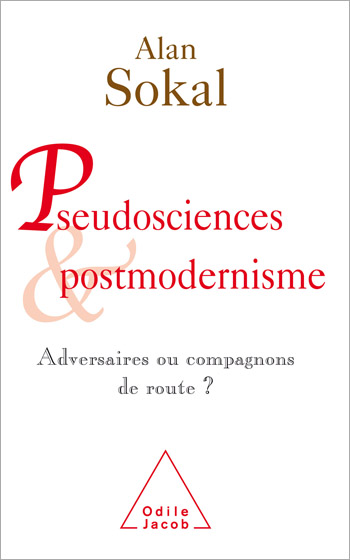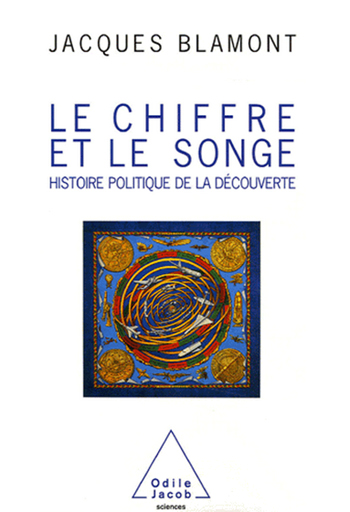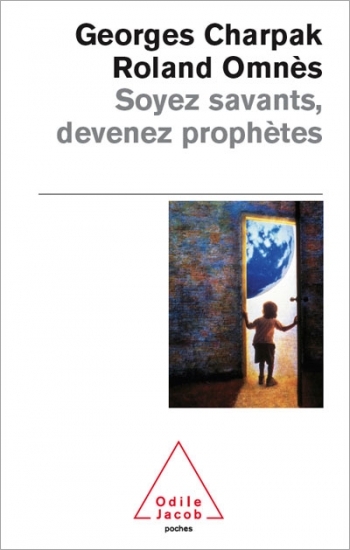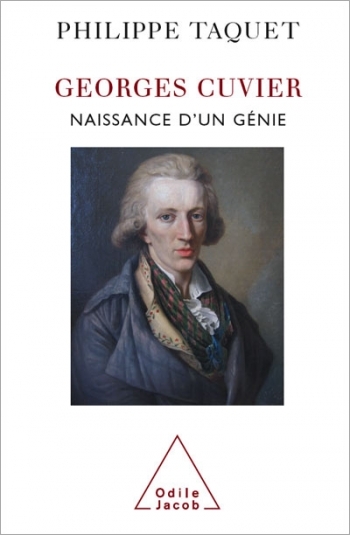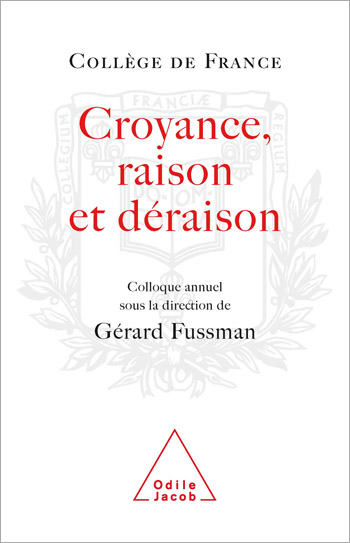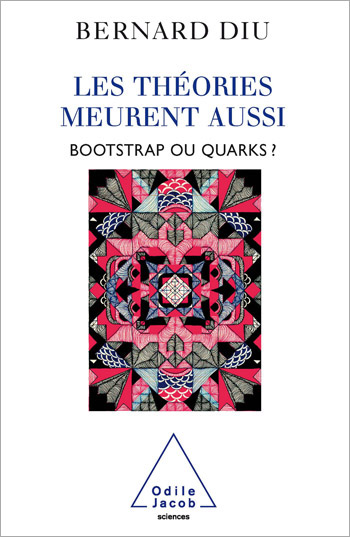Epistemology, history of science All books
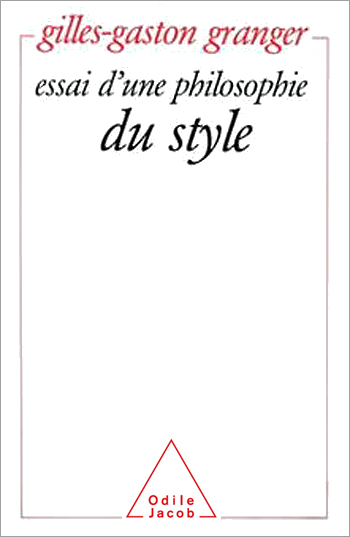
Gilles Gaston Granger
Essay on a Philosophy of Style
This work offers a definition of the generalized concept of style, considered not only in an aesthetic manner but also as it applies to all human works. The author applies this concept first to mathematical works, and then to the more familiar realm of language, before sketching the project of a human sciences stylistic, complementing a history of knowledge and epistemology of structures. Gilles-Gaston Granger is a specialist in epistemology and an honorary professor at the Collège de France.
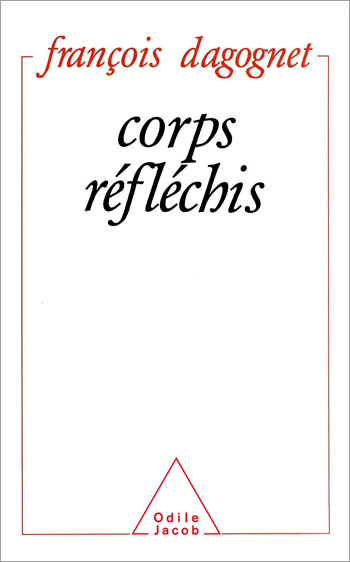
François Dagognet
Reflections on the Body
A philosophy for our times, devised through an understanding of modernity in all its forms: artistic, scientific and medical. This work is a rigorous and exacting treatment of the ethical and political choices facing mankind at a moment when the power over matter and living are coming to be declared unlimited. In short, the engaged and stimulating observations of François Dagognet, a professor of philosophy at the Université de Paris I, medical doctor, and heir worthy of Bachelard.
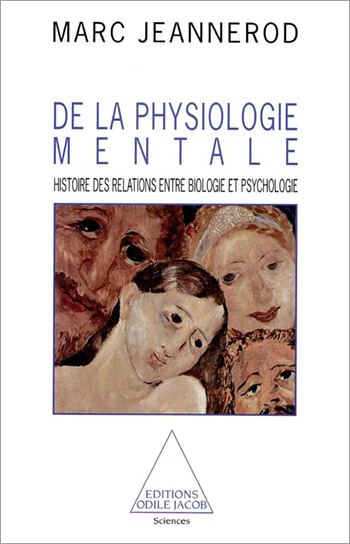
Marc Jeannerod
Of Mental Physiology A History of the Relationship Between Biology and Psychology
A relative newcomer to the world of science, psychology gives rise to a rivalry between two older siblings, philosophy and biology. This enduring conflict between materialism and spiritualism, which continues today in other forms, without adoubt was the driving force behind its progress. What we know today about the spirit is a result of this history. Biology and psychology have shaped each other in turn. This book represents a riveting study on how two centuries of spiritual quarrelling made possible the modern attempt to establish the inner workings of the mind. A professor of physiology at the Université Claude Bernard, Marc Jeannerod is also the director of an Inserm neurological research team in Lyon.
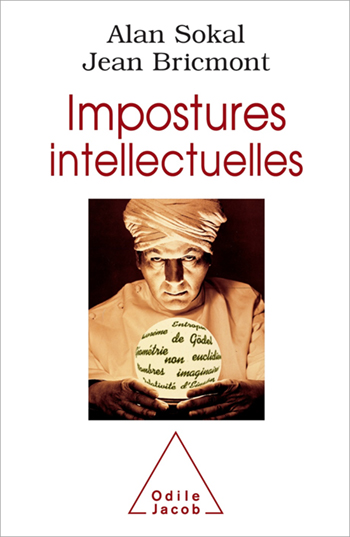
Alan Sokal, Jean Bricmont
Intellectual Impostures
In spring 1996, a American journal published an article in which the author Alan Sokal, supported his ideas with quotations from famous intellectuals, both French and American...
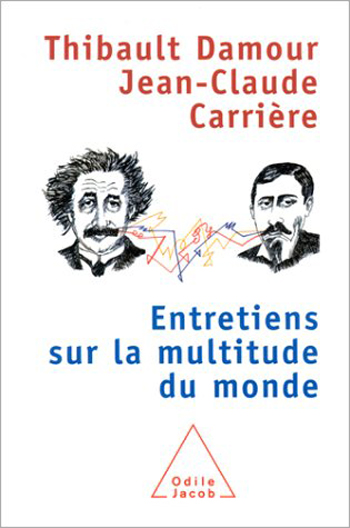
Jean-Claude Carrière, Thibault Damour
Reflections on the Mass of the World
Physicists are now faced with the disturbing certainty that the reality of the world is multiple. We do not exist in a single story, with a middle and an ending. Instead, we live in a multitude of superimposed stories although we see only our own because our perception is limited by the narrow beam of light in which we exist.
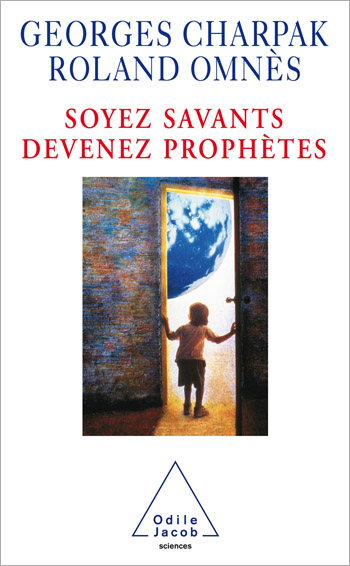
Georges Charpak, Roland Omnès
Becoming a Magician is Becoming Prophet
In a simple, accessible style the authors address questions that we all ask ourselves about science: Why hasn't science made human beings wiser? Hasn't it even had the opposite effect, rendering humans' criminal tendencies even more devastating? To answer these questions, the authors develop the idea that the advent and triumph of modern science have induced a profound change in humanity because science has given human beings the capacity to understand and master phenomena occurring on the microscopic level - a scale that is alien to them. Some of the fundamental elements of contemporary physics are presented here in game form. The authors argue that physics has left free human beings face to face with an equally free interplay of natural forces and that, without causality and finality, the world has become deprived of meaning. It is therefore hardly surprising that many have taken refuge in religion. But the authors propose an alternative to religion, arguing that we can fulfil our modernity by helping our children develop their love of experimentation so that they can discover the meaning of things for themselves - instead of embracing ideologies that can only be imposed through terror. Georges Charpak is a physicist and Nobel Prize Laureate in Physics. Roland Omnès is a physicist and Emeritus Professor at the University of Paris XI-Orsay.
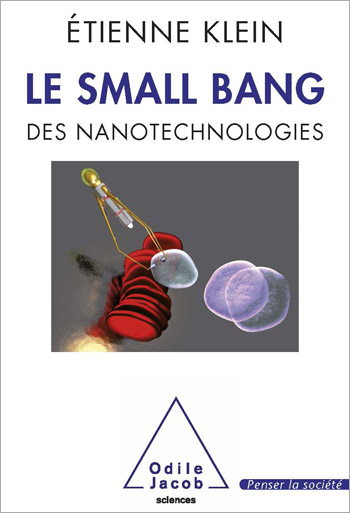
Étienne Klein
The Small Bang of Nanotechnologies
Nanotechnologies no longer concern just the manipulation of matter, one atom at a time: they now incorporate all the techniques that allow the manufacture of tiny objects with a precision equal to one billionth of a metre...
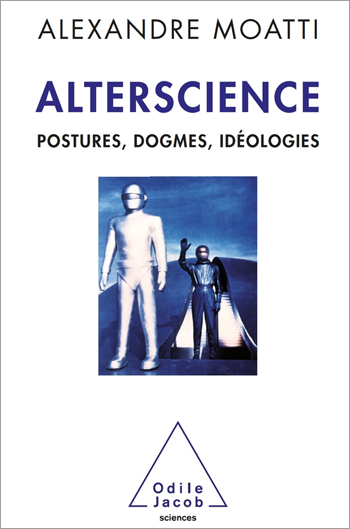
Alexandre Moatti
Alterscience
This much-needed book warns against a type of obscurantism that is spreading alarmingly on the Internet

